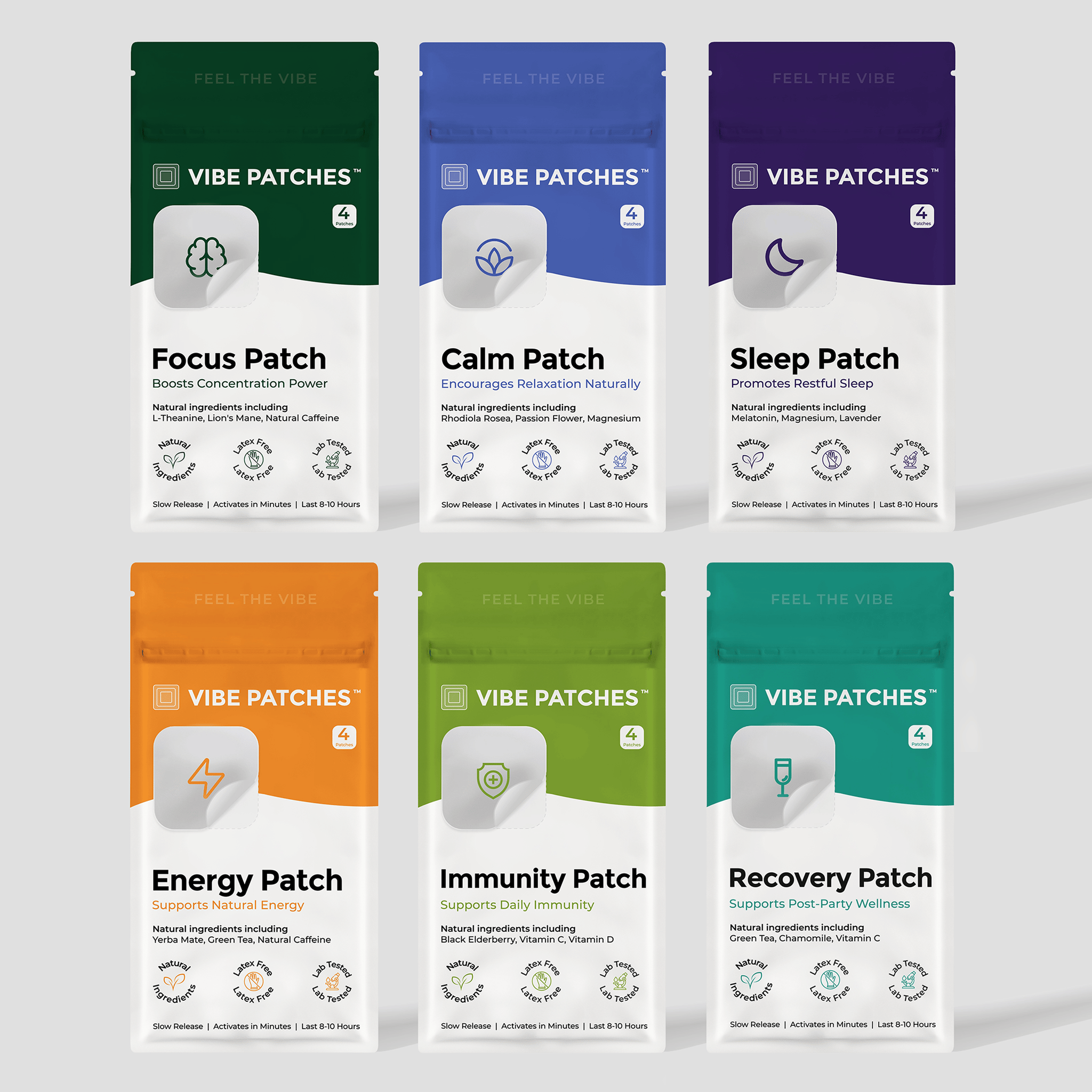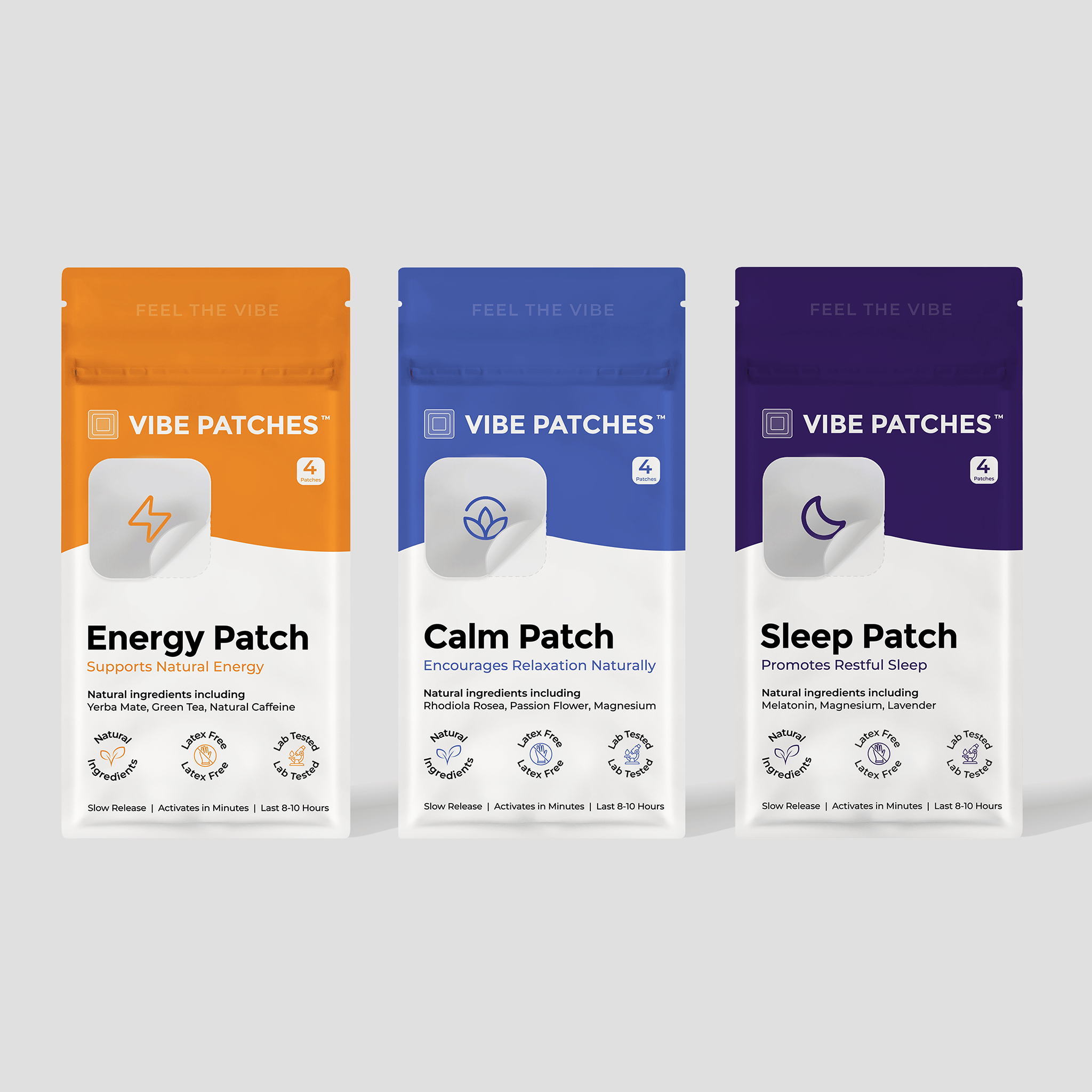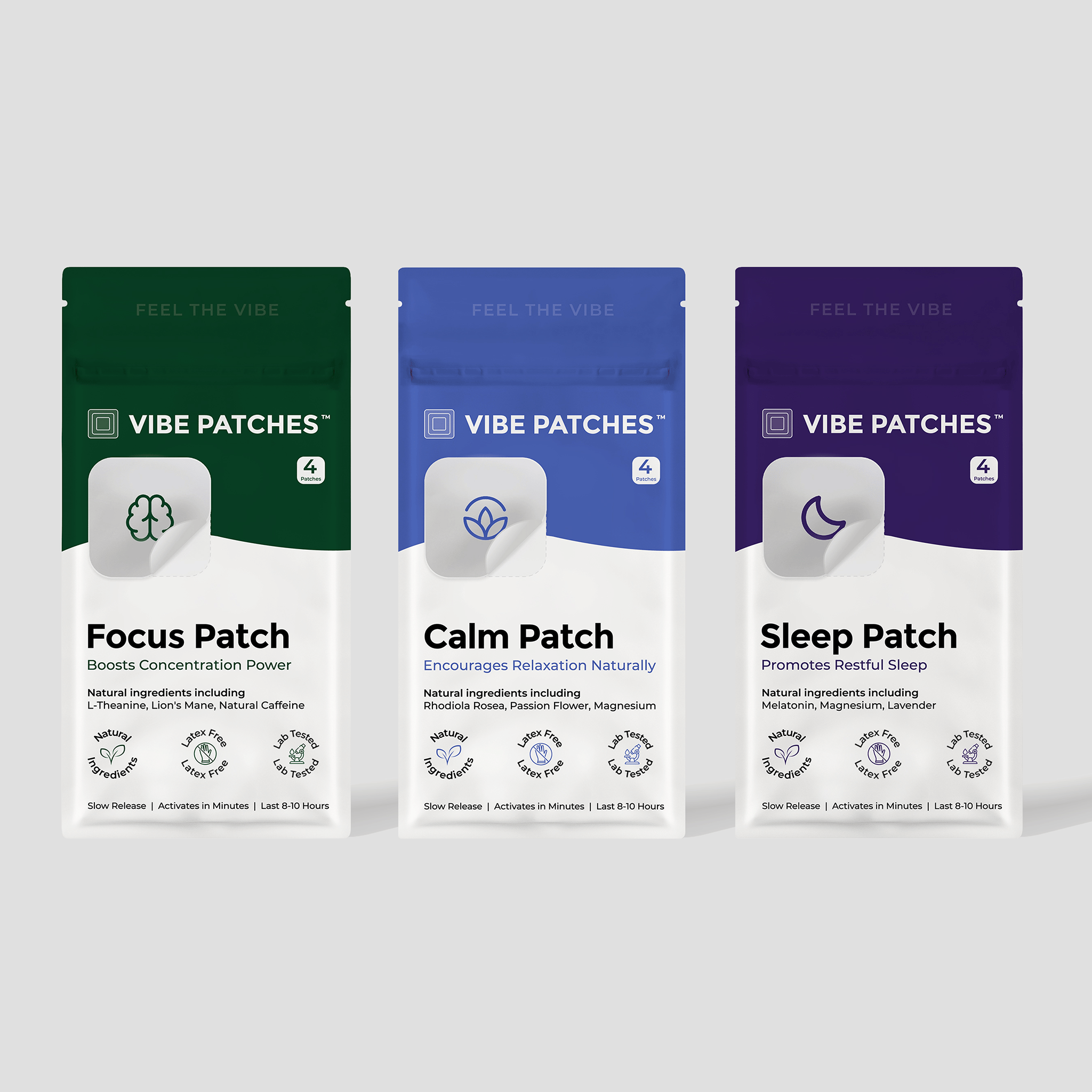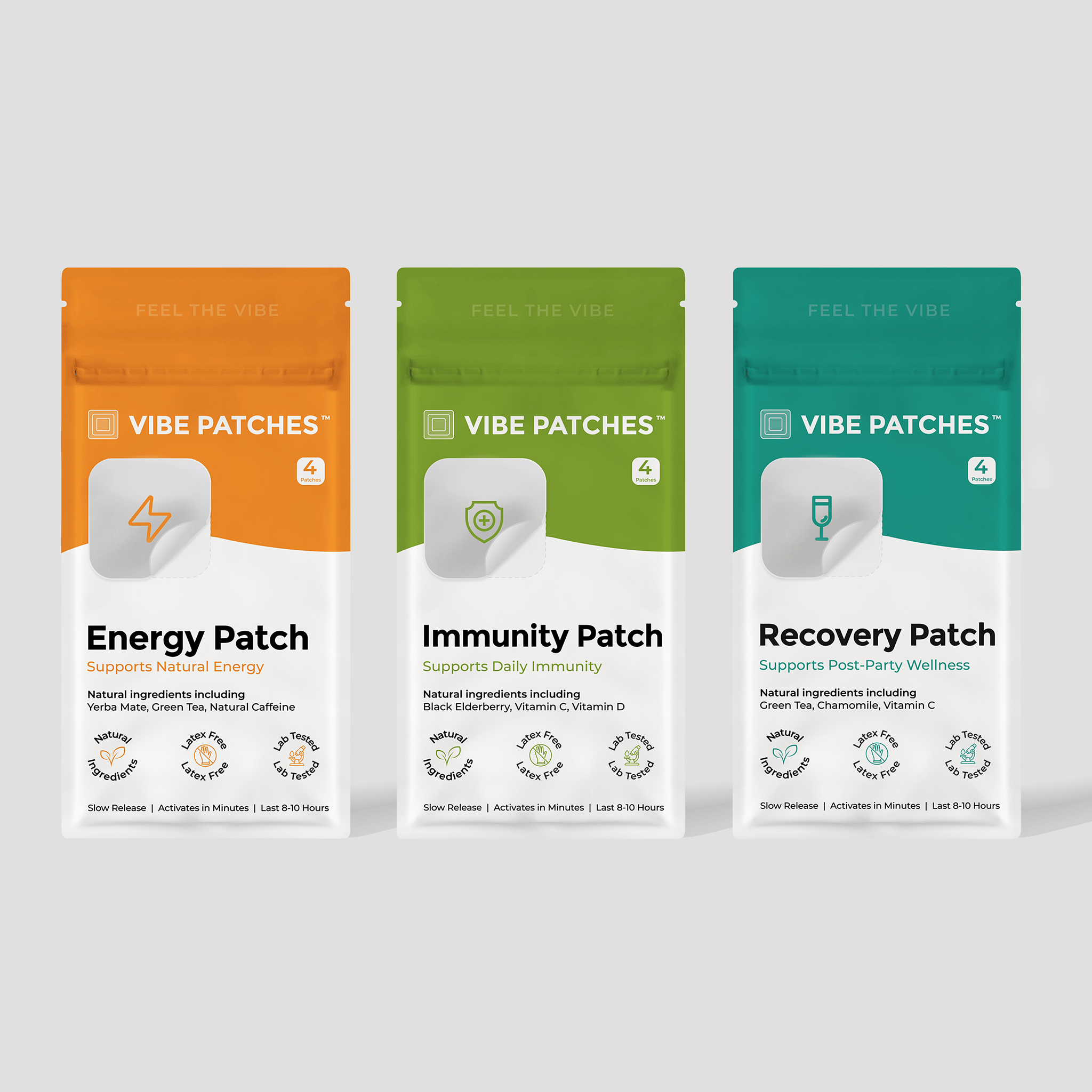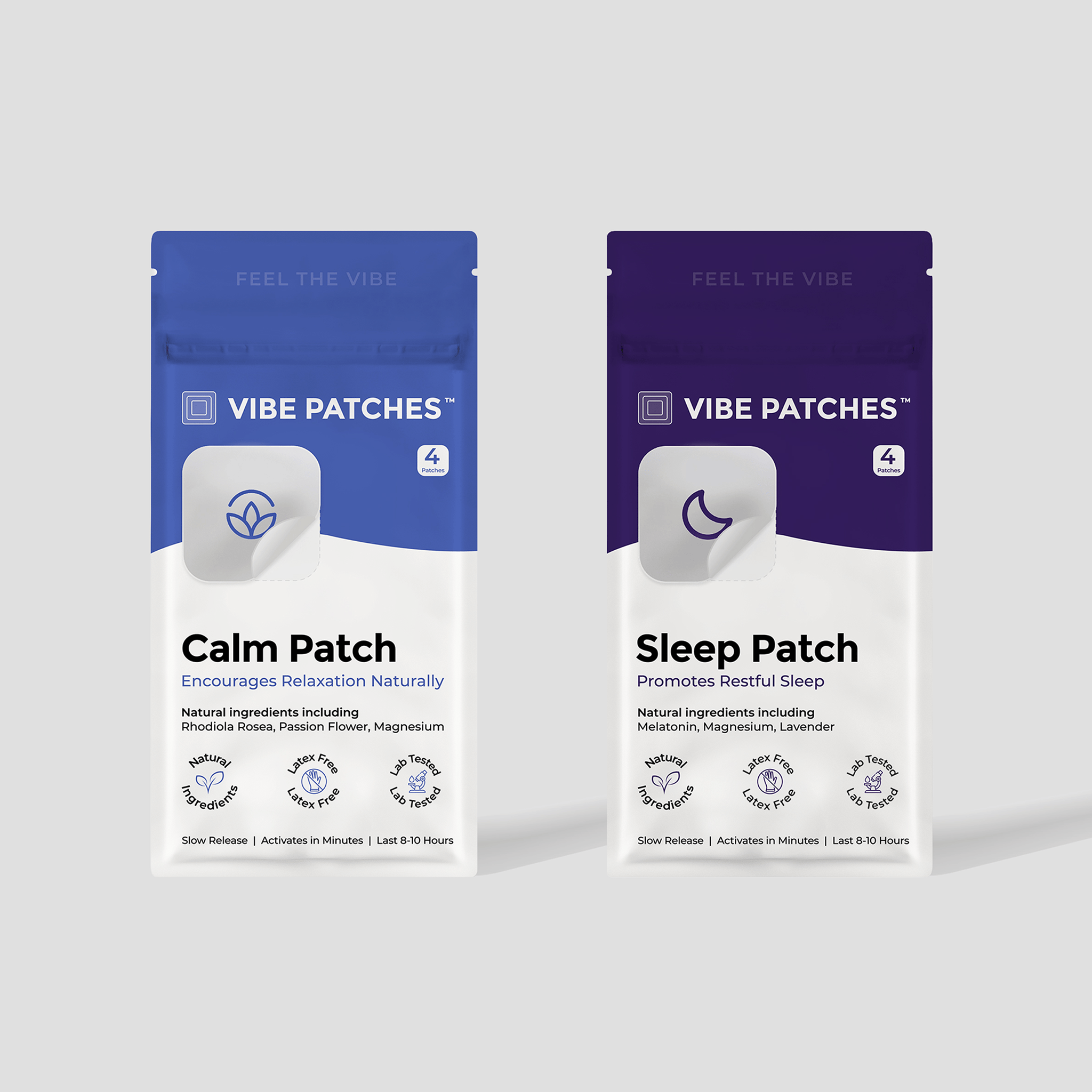If you’ve ever found yourself staring at a blank page, distracted by everything except your homework, you’re not alone. The struggle to concentrate is real, but it’s also conquerable. This article breaks down proven techniques to help you focus, manage your time, and tackle school assignments with confidence—so you can stress less and accomplish more, one step at a time.
Why Is It So Hard To Focus On Schoolwork In Today’s World Of Constant Distractions?
Focusing on schoolwork has become increasingly challenging because we’re surrounded by constant distractions—smartphones buzzing with notifications, social media feeds designed to grab our attention, and the pressure to juggle multiple activities at once. Our brains are wired to respond to new and exciting stimuli, making it difficult to concentrate on tasks that require sustained effort, like studying or completing assignments. As a result, it’s easy to lose focus, procrastinate, or feel overwhelmed, even when we know how important our schoolwork is. Learning to manage these distractions is essential for building strong study habits and achieving academic success.
What Are The Most Common Reasons Students Lose Focus?
- Digital Distractions: Constant notifications from phones, social media, and gaming apps make it hard to stay focused on assignments.
- Lack of Interest: When the subject feels boring or irrelevant, students are more likely to zone out or procrastinate.
- Overwhelm and Stress: A heavy workload or anxiety about grades can make it difficult to concentrate and know where to start.
- Poor Time Management: Without a clear plan or routine, students may struggle to prioritize tasks and end up distracted.
- Environmental Factors: Noisy surroundings, cluttered workspaces, or interruptions from family and friends can easily break concentration.
How To Focus On School Work: Step-by-Step
Step 1: Set Up a Distraction-Free Workspace
Start by creating a dedicated study area that’s clean, organized, and free from distractions. Put your phone on silent or in another room, clear away clutter, and let your family or roommates know you need some uninterrupted time. A calm environment helps your brain shift into “focus mode” and makes it easier to concentrate on your schoolwork.
Step 2: Break Tasks Into Manageable Steps
Big assignments can feel overwhelming, so break them down into smaller, more manageable tasks. Write a quick to-do list or use a planner to map out what needs to be done. Focusing on one step at a time keeps you from feeling stressed and helps you make steady progress.
Step 3: Try a Focus-Boosting Tool
If you find your mind wandering or your energy dipping, consider using a natural focus aid like the Vibe Patches Focus Patch. This easy-to-use patch is designed to support concentration and mental clarity, helping you stay on track during long study sessions. Simply apply the patch as directed and let it work while you tackle your assignments.
Step 4: Use the Pomodoro Technique
Work in short, focused bursts—like 25 minutes of studying followed by a 5-minute break. This method, known as the Pomodoro Technique, helps prevent burnout and keeps your mind fresh. After a few cycles, take a longer break to recharge before diving back in.
Step 5: Reward Yourself for Progress
Motivation grows when you celebrate your wins, no matter how small. After completing a task or finishing a study session, reward yourself with something you enjoy—a snack, a walk, or a quick scroll through social media. Positive reinforcement makes it easier to build lasting study habits and stay focused over time.
Why Does Where You Study Matter More Than How Long You Study?
Where you study plays a crucial role in how effectively you learn because your environment directly impacts your ability to concentrate and retain information. A quiet, organized, and comfortable space minimizes distractions and signals to your brain that it’s time to focus, making your study sessions more productive—even if they’re shorter. In contrast, trying to study in a noisy or cluttered area can lead to constant interruptions and wasted time, no matter how many hours you spend. Ultimately, the quality of your study environment often matters more than the quantity of time you put in, helping you absorb material faster and remember it longer.
Should You Study Alone Or With A Group To Stay Accountable?
Whether you should study alone or with a group depends on your personal learning style and the type of accountability you need. Studying alone allows you to work at your own pace, focus deeply, and tailor your methods to suit your strengths, which is ideal for tasks that require intense concentration. On the other hand, group study can boost motivation, provide support, and help you stay accountable by setting shared goals and deadlines. Discussing concepts with others can also deepen your understanding and reveal gaps in your knowledge. The best approach may be to combine both methods—study solo for focused work, then join a group for review and accountability.
How Can You Tell If Your Focus Strategies Are Really Working?
You can tell if your focus strategies are working by tracking your progress and noticing positive changes in your study habits and results. If you find yourself completing assignments more efficiently, remembering information better, and feeling less stressed or distracted during study sessions, your strategies are likely effective. Pay attention to improvements in your grades, your ability to stick to a study schedule, and how easily you can get back on track after interruptions. Regularly reflecting on what’s working—and what isn’t—will help you fine-tune your approach and continue building stronger focus over time.
Best Natural Remedies Productivity and Focus
|
Natural Remedy |
How It Works |
Benefits |
How to Use |
|
Delivers natural ingredients through the skin to boost concentration and mental clarity. |
Easy to use, long-lasting, non-caffeinated |
Apply patch to clean skin before studying |
|
|
Green Tea |
Contains L-theanine and a small amount of caffeine for calm, focused energy. |
Enhances alertness, reduces anxiety |
Drink a cup before or during study sessions |
|
Peppermint Essential Oil |
The scent stimulates the brain and increases alertness. |
Quick energy boost, improves concentration |
Inhale or diffuse while studying |
|
Short Walks Outside |
Physical activity and fresh air increase blood flow to the brain and reduce mental fatigue. |
Boosts mood, sharpens focus |
Take a 10-minute walk during study breaks |
|
Mindful Breathing Exercises |
Deep, slow breathing calms the nervous system and improves mental clarity. |
Reduces stress, increases focus |
Practice for 5 minutes before studying |
Common Mistakes To Avoid When Trying To Focus On School Work
- Multitasking: Trying to juggle multiple assignments or distractions at once can actually reduce your productivity and make it harder to retain information. Focus on one task at a time for better results.
- Ignoring Breaks: Studying for long stretches without taking breaks can lead to burnout and decreased concentration. Use techniques like the Pomodoro Method to schedule regular, short breaks.
- Studying in Distracting Environments: Working in noisy, cluttered, or high-traffic areas makes it much harder to concentrate. Choose a quiet, organized space to maximize your focus.
- Relying Only on Willpower: Expecting yourself to stay focused without any support can set you up for frustration. Consider using natural aids like the focus patches to help boost your concentration during study sessions.
- Skipping Preparation: Jumping into your work without a plan or clear goals can leave you feeling overwhelmed and scattered. Take a few minutes to organize your tasks and set priorities before you start studying.
Conclusion
Staying focused on school work is a skill that anyone can develop with the right strategies and mindset. By creating a distraction-free environment, breaking tasks into manageable steps, and using helpful tools like the Vibe Patches Focus Patch, you can boost your concentration and make studying more effective. Remember to listen to your body, take regular breaks, and reflect on what works best for you. With consistency and a willingness to try new approaches, you’ll find it easier to stay on track, reduce stress, and achieve your academic goals.
Final Thoughts
Looking for a smarter, more convenient way to stay focused and balanced while tackling your schoolwork? Vibe Patches offers topical patches that deliver targeted support—no pills or bulky bottles needed. From bouncing back after all-nighters with the Hangover Patch, to calming your nerves with the Calm Patch, boosting your energy with the Energy Patch, or improving your sleep with the Sleep Patch, Vibe Patches has a solution for every student. Explore the full Vibe Patches collection and make wellness a seamless part of your academic journey.
Sources


